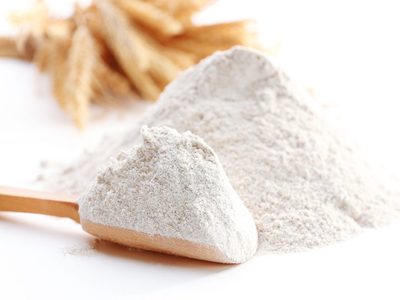Photo courtesy of KSU IGP.
The two-week program included numerous classroom presentations and discussions, as well as tours of the KSU Hal Ross Flour Mill; Kansas Wheat Innovation Center in Manhattan, Kansas, U.S.; Manhattan Farmers Coop in Manhattan; USDA Center for Grain and Animal Health Research in Manhattan; Ron Roth’s farm near Green, Kansas; the KSU Stored Product Protection Entomology Laboratory and Stored Product Entomology lab; Central States Fumigation in Salina, Kansas; Scoular facility in Salina, Kansas; Kansas Grain Inspection Service in Kansas City, Kansas; and USDA’s Federal Grain Inspection Service Technical Center in Kansas City, Missouri.
“I have really enjoyed having a comprehensive look where the grains are grown and the procedures in the production chain that are important while I can evaluate the risks of different imports coming into Egypt,” said Shaza Omar, secondary phytosanitary specialist at Central Administration for Plant Quarantine in Dokki, Giza, Egypt.
Photo courtesy of IGP KSU.
“It was an interesting and important team that IGP was honored to host through the USDA Cochran Program from Egypt,” said Jay O’Neil, IGP Institute senior agricultural economist. “Throughout the classroom presentations and numerous trips provided in the program, IGP sought to highlight the USDA grading standards, Animal and Plant Health Inspection Service (APHIS) and the Food and Drug Administration on (FDA) regulations and controls, which ensure food safety for consumers both domestically and exports for the U.S.”
O’Neil highlighted that the course included three participants from Egypt, one representative from an international trading house and two participants from the Egypt government’s phytosanitary lab. He said one of the critical focuses for this program was educating the participants on grain quality and grain and food safety. O’Neil said that Egypt is developing its new transparency policy regarding food safety issues on grain imports for the country, and that the team will be issuing a report that will be influential in Egypt’s new importation policies.







